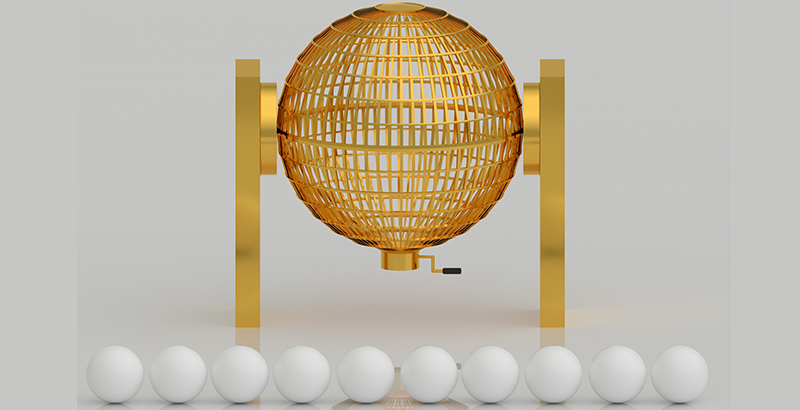Adams: What My Daughter’s High School Wait List Numbers Drove Home for Me About the Demand for Charter Schools among New York City Families

New York City families have yet to learn where their children have been accepted for public high school for fall 2021. My eighth-grade daughter, however, has already received notification from almost all the charter high schools she applied to.
At our first choice, her wait list number is 627. At our second, a network of charter schools, her wait list numbers are 609, 341, 199, 197 and 166.
I’ve been working in school admissions for over a decade, and I was still shocked by how high those were — not to mention by what wait list numbers that high suggested to me about parents’ trust in the city Department of Education.
For the 2021 public school admissions season, the department encouraged screened public high schools to put all those who met their base academic criteria into a lottery. This year, a student with a grade-point average of 99 no longer has any advantage over a student with a GPA of 85 in getting into a high-performing school.
The new admissions criteria meant placement for all students would depend more on pure chance. (As I tell parents, when it comes to getting into New York City schools: Don’t worry if your kid is smart; all kids are smart. Worry if your kid is lucky.)
To hedge their bets and expand their options, many families who’d never given it a moment’s thought previously applied to public charter schools in addition to traditional public schools.
Not just because the odds of getting into a highly coveted public high school were that much more unpredictable, but because, as I advised those who asked, when it comes to educating students chosen by lottery, charter schools have a better track record.
I have written previously about my suspicion that school screening is really just an attempt to identify children who are capable of educating themselves when the teachers fall short.
Due to rampant outside test prep, teachers who teach at “high-achieving” screened schools have grown accustomed to students coming in knowing the material ahead of time.
In 2018, District 3 on the Upper West Side of Manhattan set aside one-quarter of seats at their “top” middle schools for students who scored a 1 or a 2 on their state tests. (Performing at grade level is a 3, above grade level is a 4.)
In 2019, a mom railed at an open meeting, “They don’t know what to do with the low-scoring kids who got into these ‘great’ schools, and now they have no support. Do you know how they’re supporting my daughter? They’re not returning my calls. They have no plan!”
That’s my concern about any high schools admitting a lottery-based class for the first time this year. I’m not worried about the kids. I’m worried about the teachers being able to properly accommodate them all.
Charter schools, unlike screened schools, are required by state law to accept all children by lottery, and have been doing so since their inception.
In 2018, of New York City’s top 25 performing elementary schools, seven were schools that used some sort of screening method. And 16 were charter schools that admitted by lottery.
This leads me to believe that if my daughter is to attend a lottery school, she is more likely to get a teacher who knows how to work with students coming in at different academic levels at a charter than at a traditional public school.
That’s my personal reason for applying to charter schools this year. I suspect there are as many other motivations for doing so as there are other families applying.
I understood that my daughter’s chances of getting into her top-choice charter schools were always slim. But seeing wait list No. 627 and No. 609 in stark black and white really drove the point home of exactly how nervous many city parents — not just me — feel this year. We’ve lost faith in the department in multiple areas. We don’t know if schools will be open in September. We don’t know if teachers will be teaching live in September. We don’t know if instruction will be appropriately differentiated based on students’ various levels of learning loss during the pandemic.
The city has given us no reason to believe it will handle any of the above better in the fall than it has throughout the 2020-21 school year. Families don’t believe the department will do right by them, and, as a result, many of us seem much more open to giving charter schools a chance than ever before. Which explains the extensive wait lists.
Alina Adams is a New York Times best-selling romance and mystery writer, the author of Getting Into NYC Kindergarten and Getting Into NYC High School, a blogger at New York School Talk and mother of three. She believes you can’t have true school choice until all parents know all their school choices — and how to get them. Visit her website, www.NYCSchoolSecrets.com.
Get stories like these delivered straight to your inbox. Sign up for The 74 Newsletter


